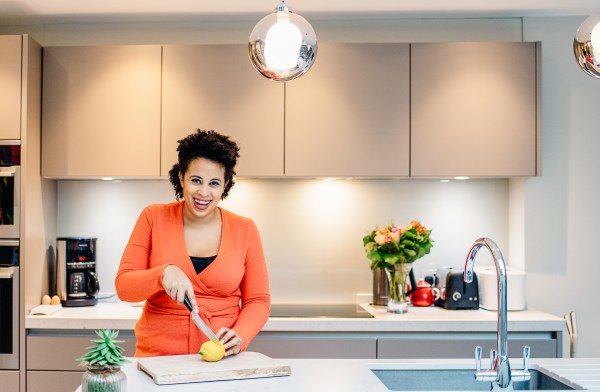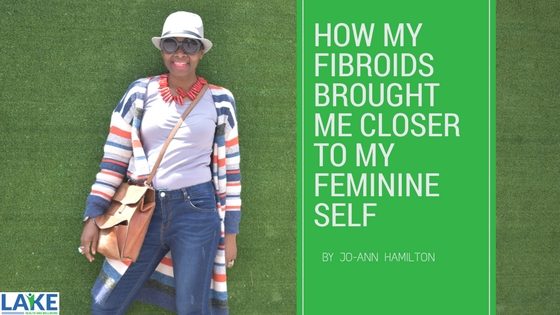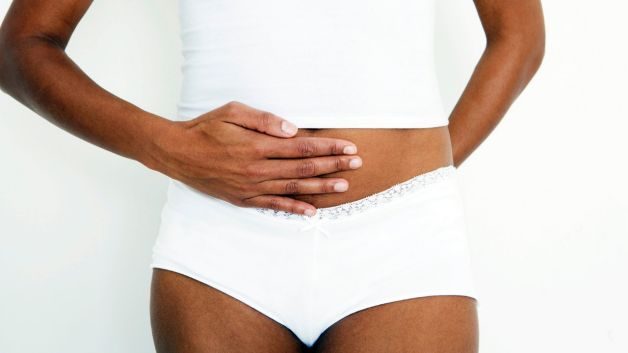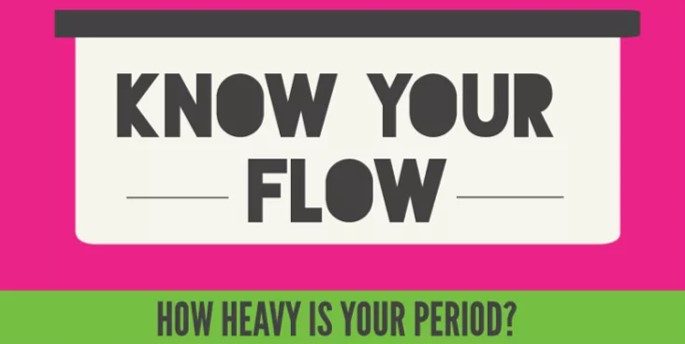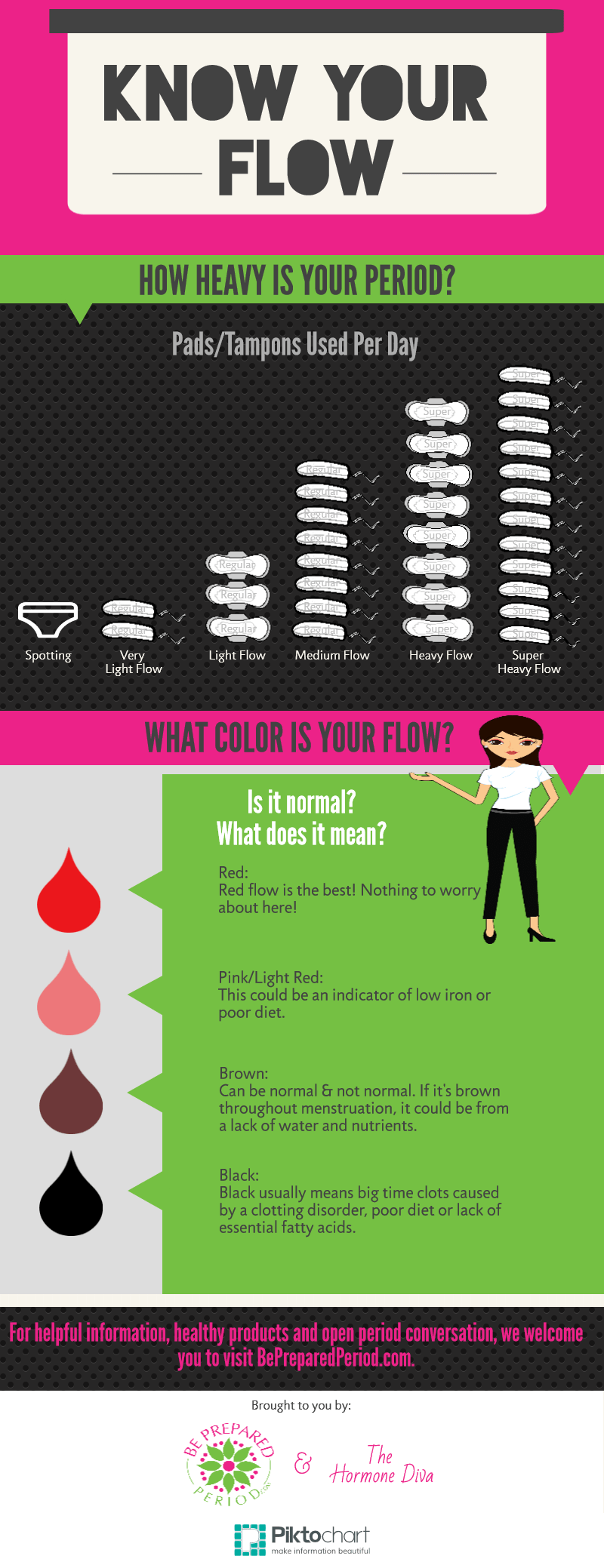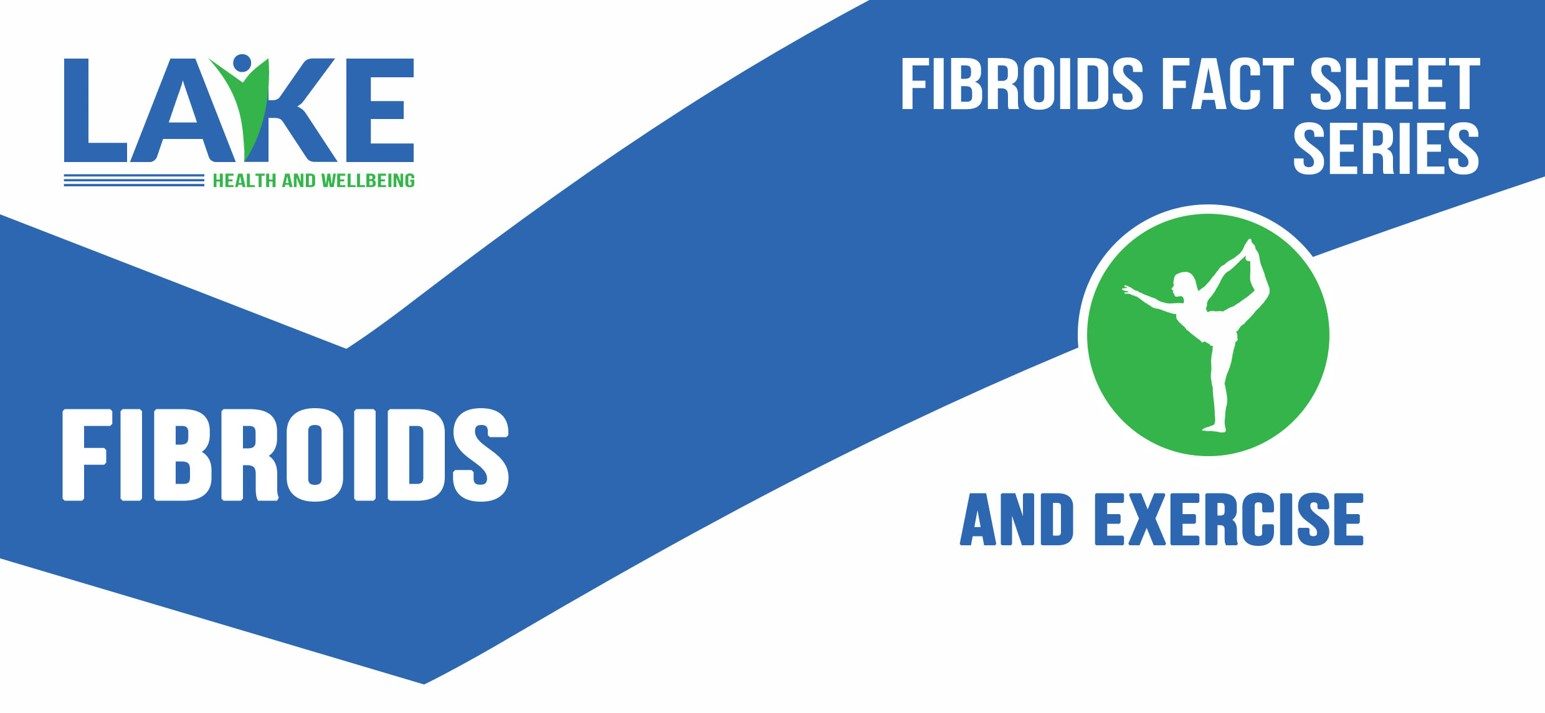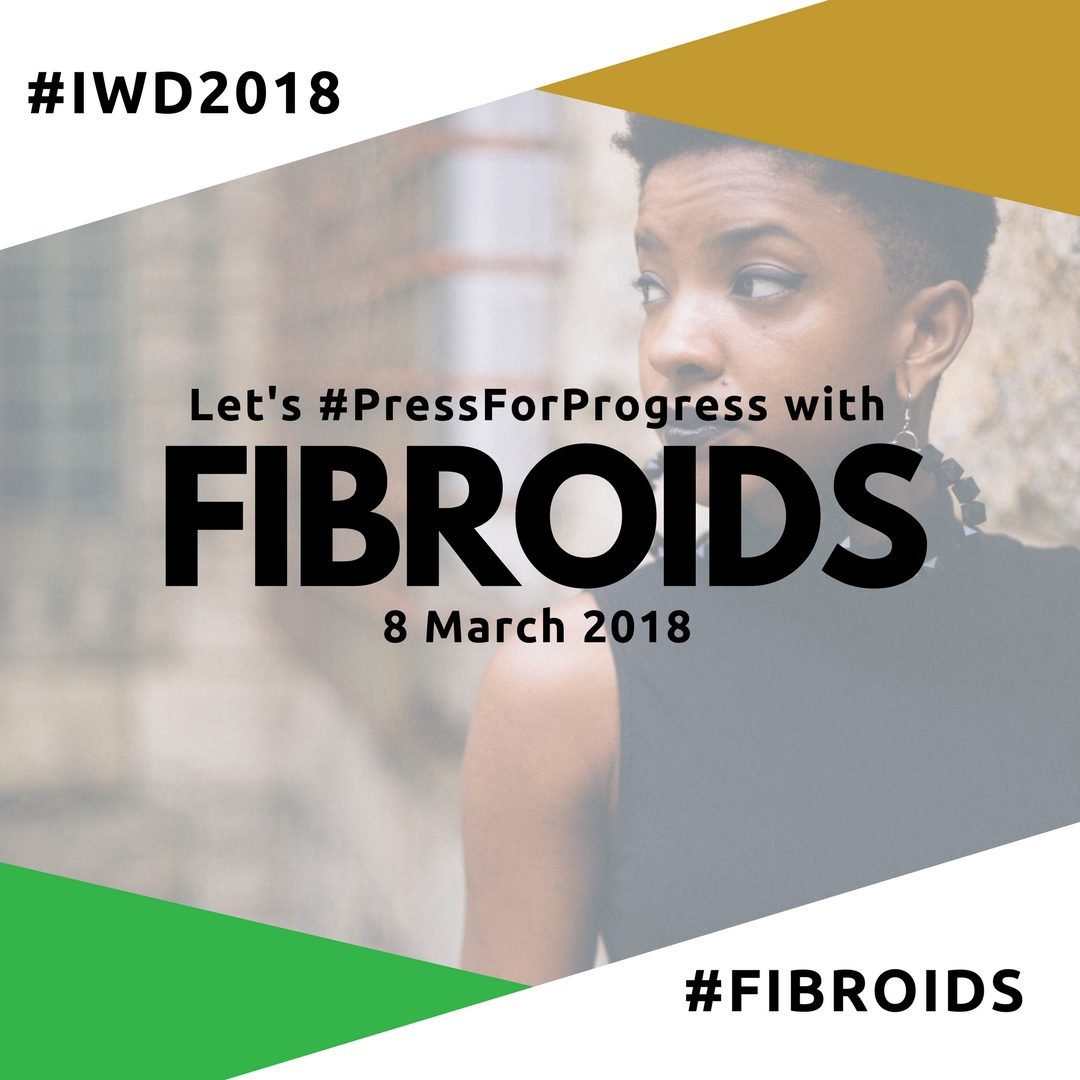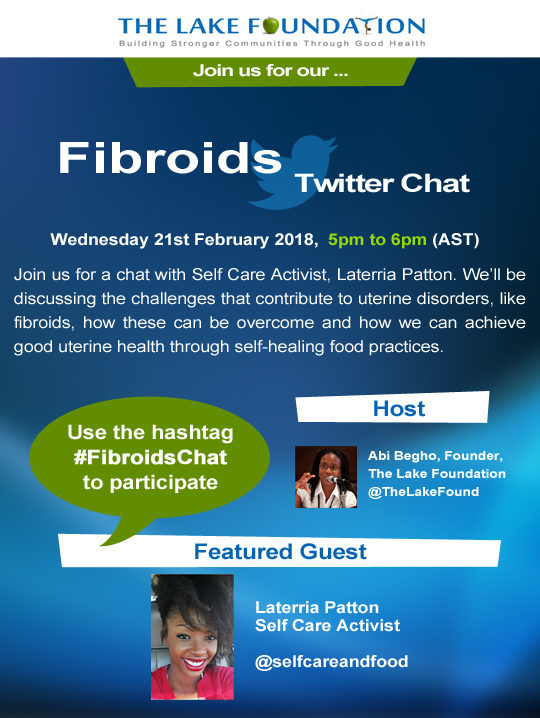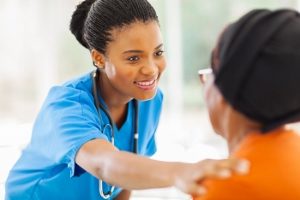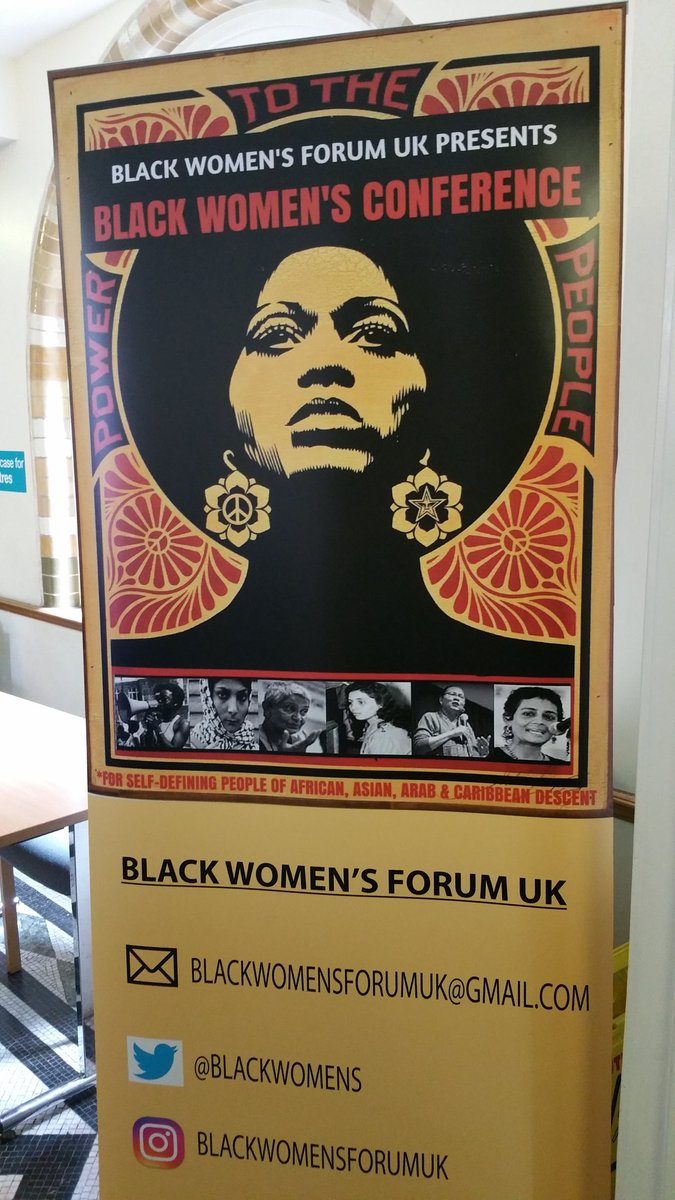Eat Love Move with Le’Nise Brothers
We first heard about Eat Love Move on the Secret Birds Podcast a couple of months ago when founder Le’Nise Brothers was interviewed about health, hormones and barriers. We were really impressed with all the great work that Le’Nise is doing and it also piqued our interest because of the work we’ve been doing on fibroids, an area that Le’Nise focuses on too. We felt the services offered by Eat Love Move would be of interest to you, our readers, so in today’s blog we introduce you to their services.
Who Is Eat Love Move?
Eat Love Move is a business that focuses on women’s health and offers personalised hormonal health programmes and workshops. At the helm of the company is Le’Nise Brothers, a registered naturopathic Nutritional Therapist who specialises in women’s health, anxiety, depression and weight loss.
As a nutrition and wellbeing coach for women, Le’Nise’s mission is to help women understand and embrace their hormones and menstrual cycle and thus much of her work focuses on women who struggle with low energy, sugar cravings and hormonal issues such as PMS, PCOS, endometriosis, heavy & painful periods, fibroids, perimenopause and menopause.
“I’ve had a life-long interest in food – eating it, cooking it and sharing it. I slowly started to make the connection between what I was eating and how I was feeling and used diet and lifestyle changes to improve my anxiety, depression and irritable bowel syndrome.” – Le’Nise Brothers
Le’Nise firmly believes in the power of food and she takes the time to understand her clients, their lifestyle and goals, and then designs nutrition and lifestyle programmes that are tailored to the individual.
Their Services
Eat Love Move’s services fall into three categories:
- Personalised Health Programmes
- Hormone Health Programmes
- Workshops and Talks
Personalised Health Programmes – these are a minimum of 8 weeks long and are for women who have symptoms or health issues, are concerned about their family’s medical history or have been advised by their doctor to improve their diet. A typical personalised health programme consists of the following:
- Initial personal consultation including an in-depth health and lifestyle assessment
- Personalised nutrition advice and supplement plan
- Current medication and nutrient interaction evaluation, if applicable
- Recommendations of clinical tests and interpretation, if applicable
- Follow up consultations – face to face, skype, telephone
- Mini progress review calls
- Email support
- Personalised menu planning and recipes
Hormone Health Programmes – Eat Love Move offers three programmes:
- Period Helper – this is a personalised programme that helps women with their periods and menstrual cycle so they enjoy life with no PMS or pain (yay!)
- Hormone Helper – this programme teaches women how to manage their hormones and stress, and how food can bring things back into balance.
- Menopause Helper – teaches women how to support their hormones and get a sense of balance so they feel better as they go into perimenopause and menopause
Workshops and Talks
Le’Nise is passionate about helping women learn more about how they can improve their health and wellbeing and regularly facilitates workshops and delivers talks covering a range of topics including meal planning, wellbeing in the workplace, self-care and hormone health.
More Information
For more information and to book a free 20 minute health and wellbeing review you can email hello@eatlovemove.com or visit their website
Eat Love Move offers Skype and FaceTime consultations so you can access their services from anywhere in the world, or if you’re based in London you can find Le’Nise at the Onebody Clinic in Chiswick on Tuesdays and Saturdays from 9 – 11am
Alternatively, you can join Eat Love Move’s private Facebook group, Embrace Your Hormones. It’s a private and positive space for women to ask questions about their hormones and menstrual cycle and get evidence-based information and support.
Disclosure: this post contains an affiliate link. Find out more here







